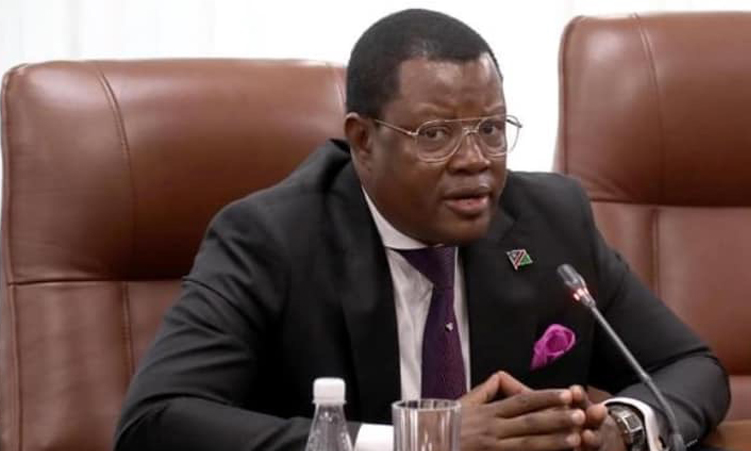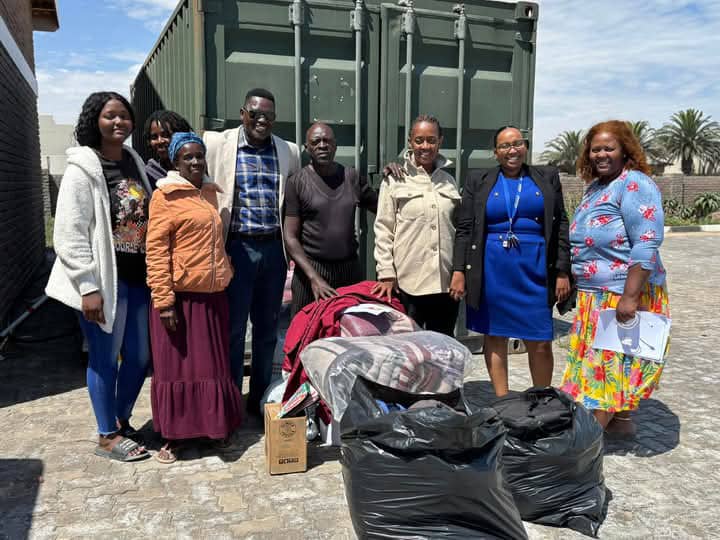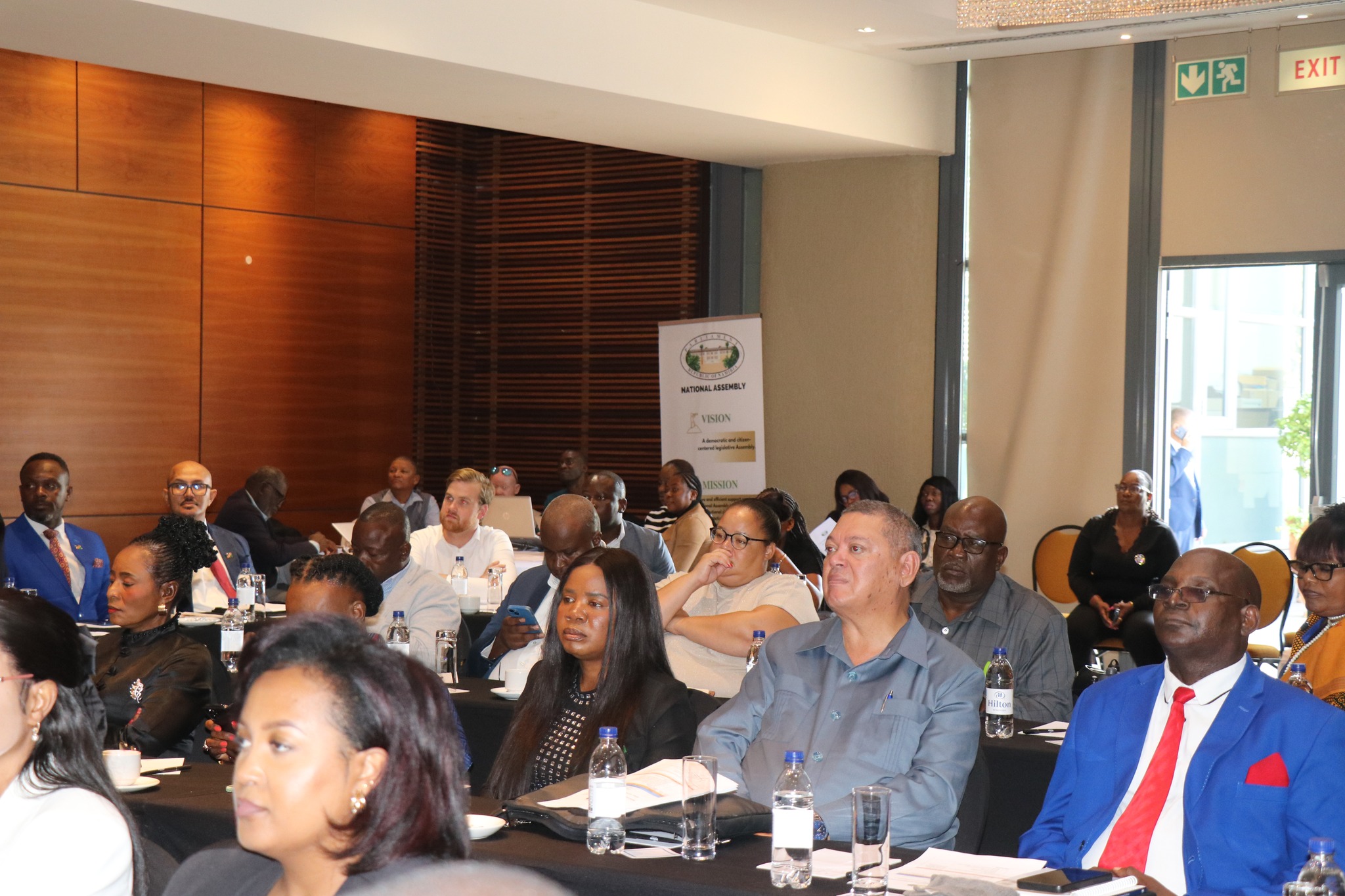Namibia’s ambitious pursuit of both oil and green hydrogen has been lauded by experts as a pivotal strategy in combating poverty, inequality and creating employment opportunities for its citizens.
The pursuit of these seemingly contrasting paths was highlighted by Jason Kasuto, chairperson of the Economic Association of Namibia (EAN), during the launch of the upcoming Namibia Oil and Gas conference in Windhoek yesterday.
“Namibia has both an oil and gas endeavour to pursue and a climate change endeavour to pursue. Both can actually co-exist,” Kasuto said.
Kasuto encouraged an inclusive approach towards the development of the oil and gas industry, urging stakeholders to engage in meaningful dialogue and jointly design a sustainable future for the country.
While acknowledging the promise that the oil and gas sector may hold for economic growth, he also stressed the importance of open discussions surrounding the energy mix, the transition to renewable sources and the need for shared infrastructure.
“As Namibia, we know that our problems are poverty, unemployment and inequality. Therefore, it is important that we take both hands [sic] to grab opportunities where we can together talk and design a better future for Namibia.”
“If the oil and gas industry brings some promise, let’s open it up and engage. Let’s also not shy away from real conversations such as the energy mix, transition and shared infrastructure,” Kasuto said.
Namibia is fast emerging as one of the world’s final frontiers for oil exploration with the recent sizeable oil discoveries. The country’s vast resources are estimated at 11 billion barrels of oil and 2,2 trillion cubic feet of natural gas reserves.
Sharing Kasuto’s sentiments, Nangula Uaandja, chief executive of the Namibia Investment Promotion and Development Board (NIPDB), emphasised the government’s responsibility in utilising resources for the betterment of the Namibian people.
She said exploration and development of oil reserves would play a vital role in achieving this objective.
“We would probably not be doing our duty as a government if we do not do that (oil) exploration for the development of our people,” Uaandja said.
On concerns about carbon emissions by fossil fuels, Uaandja said Namibia’s contribution to global carbon emissions is minimal, accounting for just 0.003%, thus it should be considered that Namibia has no real impact on global carbon emissions.
The Namibia Oil and Gas conference is set to take place in Windhoek from 16 to 17 August, and will feature a mix of key role players in Namibia and the international oil and gas value chain, to exchange views on the potential opportunities and challenges in establishing the oil and gas sector.
The conference is hosted by EAN, NIPDB and the Hanns Seidel Foundation, in strategic partnership with the National Petroleum Corporation of Namibia.
Stay informed with The Namibian – your source for credible journalism. Get in-depth reporting and opinions for
only N$85 a month. Invest in journalism, invest in democracy –
Subscribe Now!










